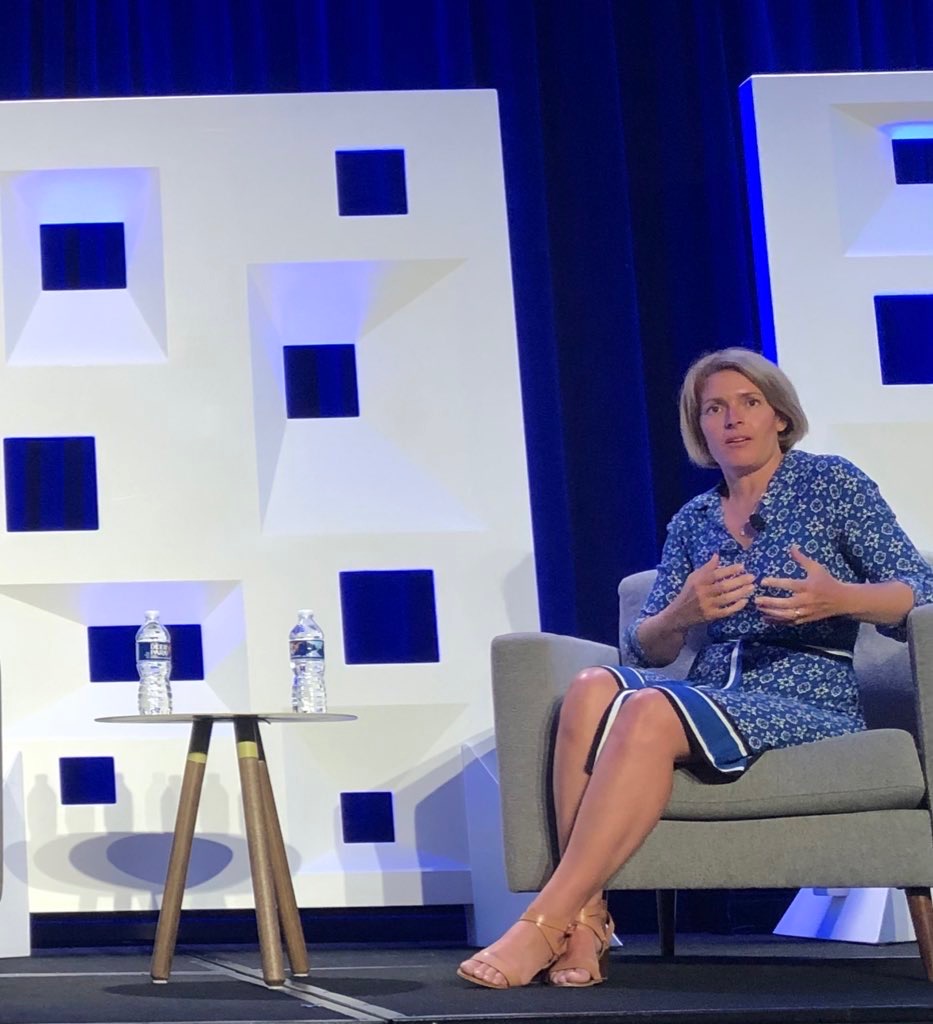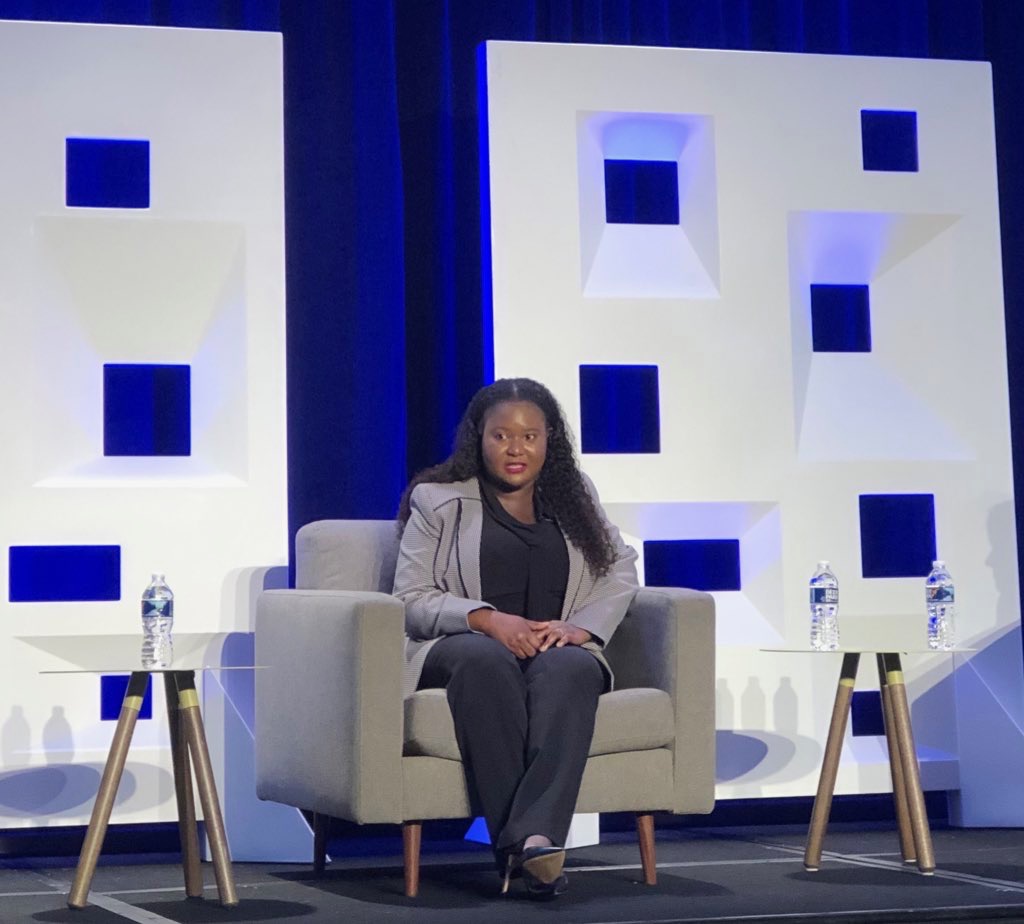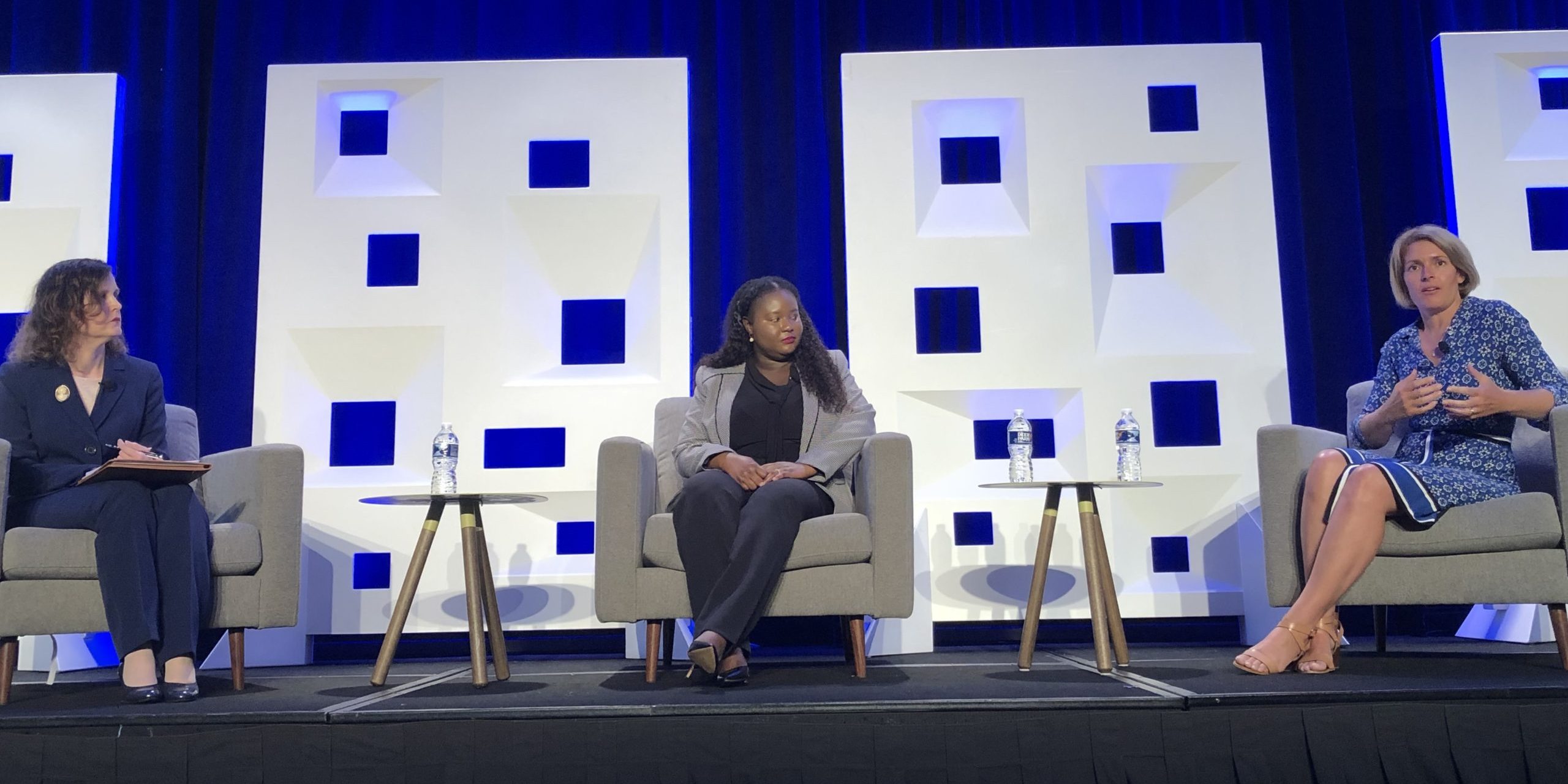COVID-19 took away what was once routine for all of us, and for the Flawless team that included seeing all of our friends and colleagues at the annual Mental Health America conference. That changed this year where a hybrid event allowed for in-person and online attendance. However you chose to attend this year’s conference, one thing we all can agree on was the comforting sense of normalcy it brought to be able to listen and learn from an inspiring group of speakers, including our friend and colleague Amy Kennedy who spoke on the Transforming Youth Mental Health Policy In Schools, Communities and Across the Globe plenary.
Amy Kennedy is the Education Director of The Kennedy Forum, as well as a longtime mental health advocate. This panel also included citiesRISE Youth Engagement Manager Dawnique Ogle and was moderated by Mental Health America’s Executive Vice President of Policy, Mary Giliberti.

Amy’s work with The Kennedy Forum includes pursuing partnerships that emphasize evidence-based research and programming to create policy change in the areas of education and mental health. She has over 15 years of experience working in public schools, and being a mother of five has provided her with first-hand knowledge on the importance of social-emotional learning (SEL) and mental wellness for all kids.
As an expert in this field, Amy acknowledges that mental health in our students is something that needs to be addressed, and that’s been known since before the pandemic. Now it is even more important to create policy and changes that benefit the well-being of all students. There are teachers and administrators everywhere who also believe this to be true, and change for our youth may have to start with change for our adults, “When I went into training I had no training in this. I went into a classroom and I saw students with a whole range of challenges. Some of them were behavioral challenges that I didn’t recognize as a student who was struggling. So we had to make that shift and change our understanding of what it looks like for a student who’s struggling and how to recognize that.”
Currently, some school districts have put forth the effort to create policy changes that benefit their students. Whether that be in the form of cultural competency training, suicide prevention programs, telemental health at school, specialized care, mental health first-aid training, SEL programs, and more. A barrier that has to be overcome is funding that will not only allow these programs to be sustainable and long-term solutions but also help afford professional assistance, such as increasing the number of school counselors on site.

Amy is also an advocate for mental health curriculum in schools, saying that “I think it would be huge for kids to have that understanding. In the same way that they’re learning health, but also imbed it into other subjects…We all learned biology, but we’re not learning how the brain works.” This is something that Amy envisions being integrated into the academic curriculum from Pre – K through High School.
Dawnique Ogle also shared how recent events have highlighted the importance of addressing racial injustice as a factor in mental health. She explained that It is clear that racism is a mental health issue and that racism causes trauma. No longer can these be treated as isolated issues when they are directly connected to all individuals, but especially our youth.
It was refreshing to return to such an inspiring conference. But after the warm welcomes and hellos, these thought leaders remind us of why this conference is so necessary. We have to continue to advocate for the end of discrimination towards mental health, we have to continue to advocate for more resources and access to mental health services, we have to recognize that brain health is health and should be treated the same way we treat other organs in the body, and we need to collaborate together for a better future for our youth and the next generation.







